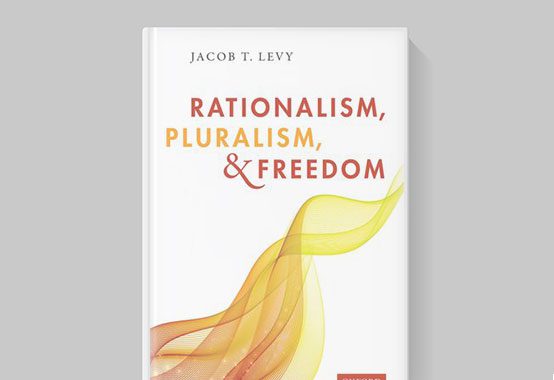Sheldon Richman is a senior fellow and chair of the trustees of the Center for a Stateless Society.
A Note on the Limits of Pluralism

In “Pluralism vs. Bureaucracy,” a thought-provoking essay on Jacob T. Levy’s book Rationalism, Pluralism, and Freedom and my TAC review of it, Donald Devine may have inadvertently misled readers about my position. After discussing Levy’s views on the limits of pluralism (decentralization) as a check on state power, Devine writes:
Richman was even more favorable toward the pluralist strain but conceded Levy made a powerful case for the necessity of both [pluralism and rationalist centralization]. As important as pluralist freedom is, it sometimes needs to be restricted by higher authority. He [that is, I] decided that if both are essential, the only solution can be “eternal vigilance”—especially against the much greater power of the centralized state. But he mischievously concluded by adding, “But how feasible is that?”
Richman wisely leaves it there …
While I readily acknowledged that formally voluntary associations can indeed threaten freedom, I did not concede the necessity of a centralized state; nor did I suggest that pluralism “sometimes needs to be restricted by higher authority.” On the contrary, my penultimate paragraph states that the dangers of pluralism should be checked by what we might call horizontal authorities: “Protection from nonviolently oppressive associations is best left to peaceful private efforts, as individualist anarchists have long advised.”
When I wondered about the feasibility of eternal vigilance by the public, I was not making room for the state, but merely wondering, for public-choice reasons, if people could be counted on to be eternally vigilant about anything. This is pessimism, not mischievousness.